How to Log In to Pin-Up Casino: A Step-by-Step Guide
Logging into Pin-Up Casino is a straightforward process that allows you to
access a wide range of exciting games and features. Start by visiting the
official Pin-Up Casino website. You will find the
login to Pin-Up Casino
button prominently displayed on the homepage. Click on this button to
proceed to the login page.
On the login page, you will need to enter your registered email address and
password. Make sure to use the same credentials you provided during
registration. If you’ve forgotten your password, there’s an option to reset
it by following the on-screen instructions. For security reasons, ensure
that your password is strong and unique.
Once you’ve entered your login details, click the “Log In” button. If your
credentials are correct, you will be granted access to your account. From
here, you can explore the casino’s offerings, make deposits, place bets, and
enjoy all the entertainment Pin-Up Casino has to offer. If you encounter any
issues, the customer support team is available to assist you with any login
problems.

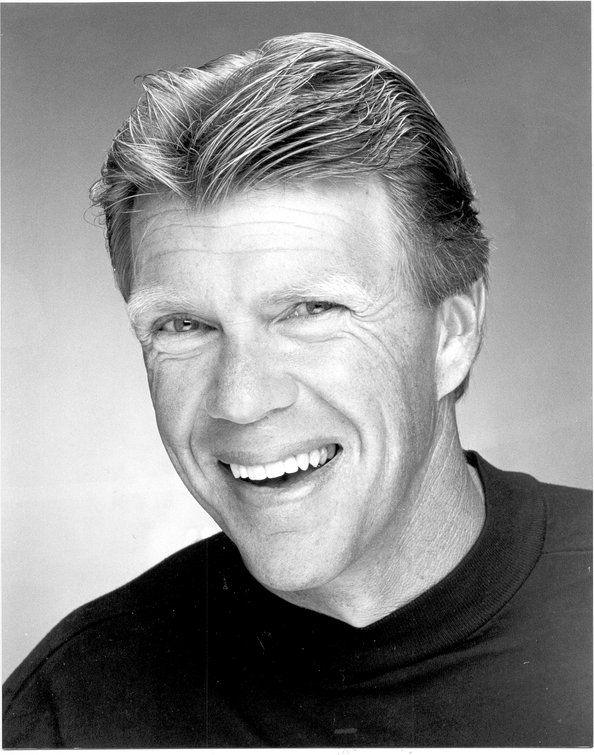

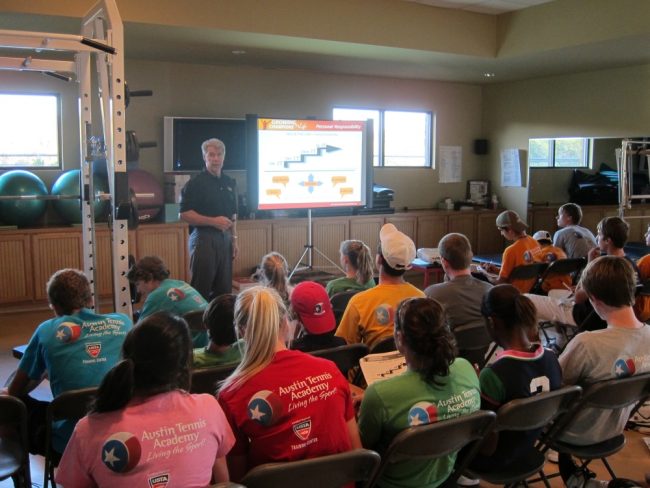
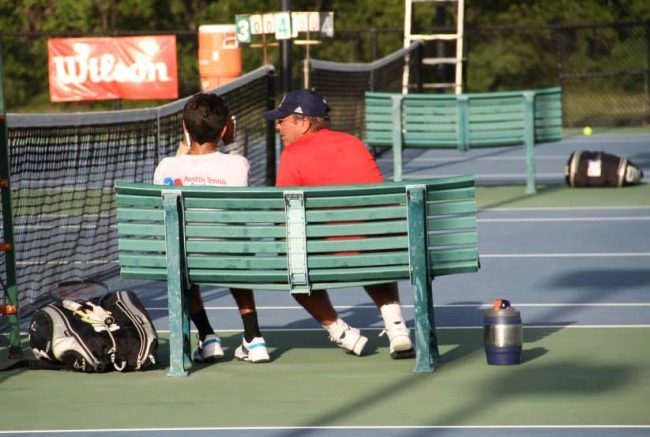

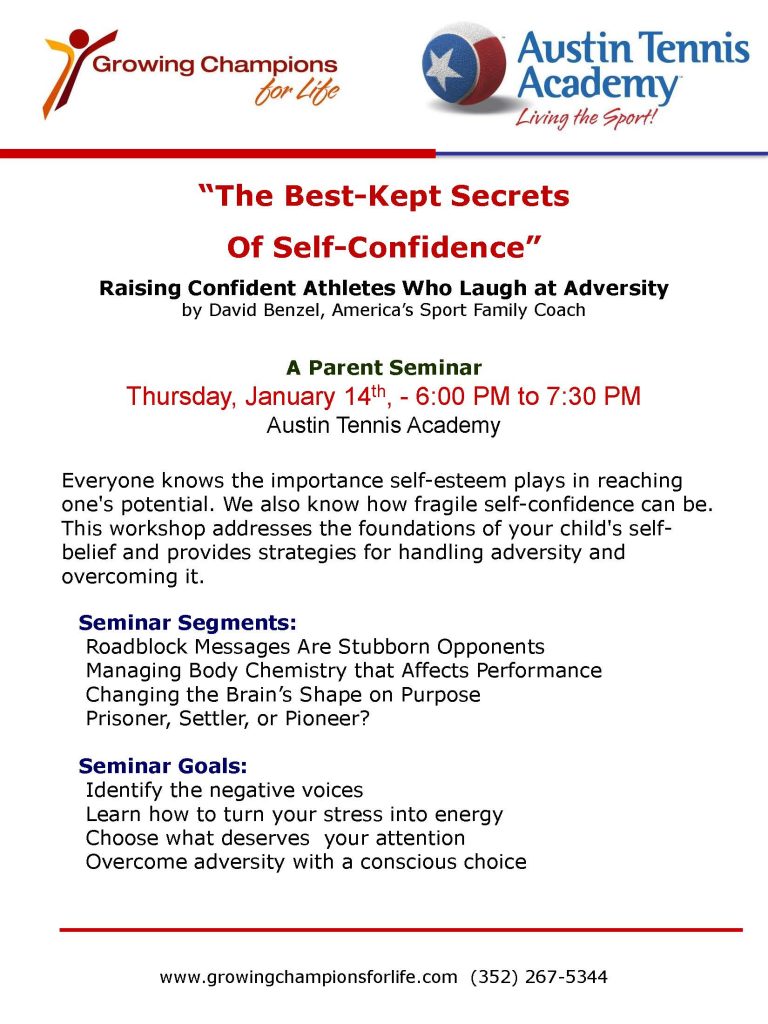



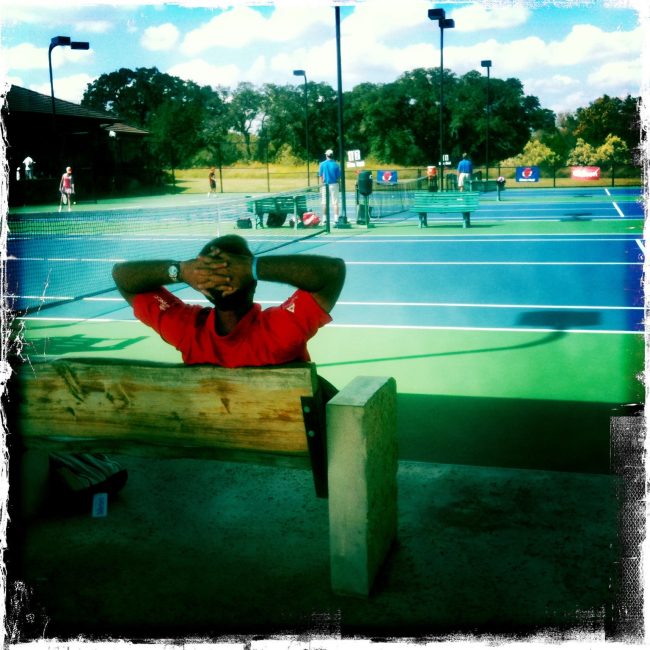
(4).jpg)
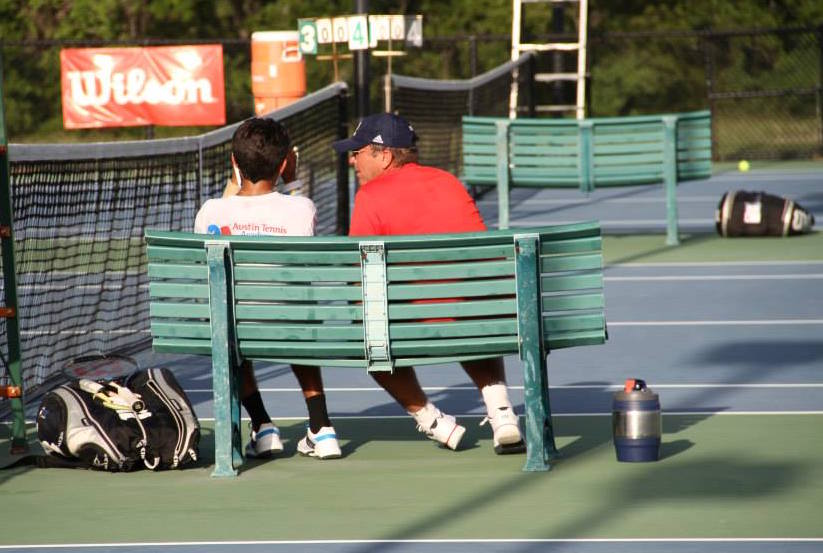







 “Just as your car runs more smoothly and requires
“Just as your car runs more smoothly and requires





 “Not
“Not